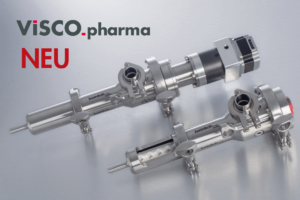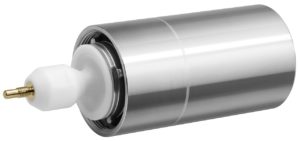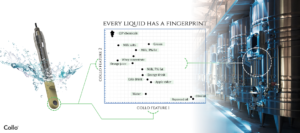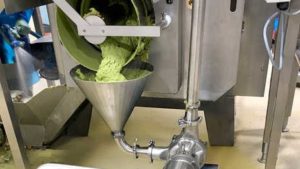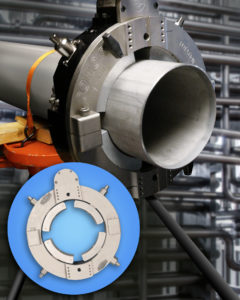Accurate and Proven Pump Solutions for Plant-Based, Cultivated Meat and Fermentation Applications
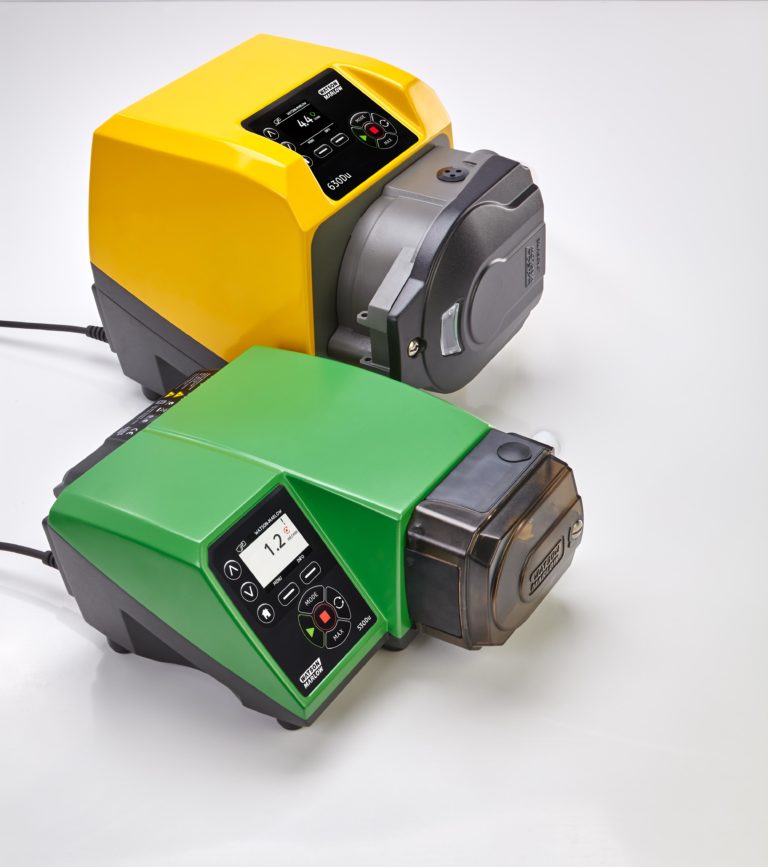
WM Pumps Cased 530 630 Sanitary. (Image source: Watson-Marlow Fluid Technology Solutions)
MasoSine Certa pumps from WMFTS can handle these products with ease due to the sinusoidal rotor that delivers a lower shear, gentle pumping action for the transfer of high viscosity end product – even when viscosity changes frequently.
Reducing energy consumption and the associated costs of handling viscous products, Sine pump technology typically requires up to 50% less power than lobe or circumferential piston pumps. The savings increase in line with viscosity – so the higher the viscosity, the higher the savings.
Watson-Marlow cased drive pumps for the alternative protein cultivated industry offer ease-of-application, with no hard piping required, as well as near-zero maintenance, sterility, and field-proven performance for fermentor feed. Flexible and scalable, without changing contact materials or losing performance, Watson-Marlow peristaltic pumps ensure the process remains controlled and repeatable at every scale.
Using Watson-Marlow pumps for fermentation provides gentle handling and superior hygiene. The fluid is metered through a tube from source to delivery and does not contact the pump at any time. Changing the tube is quick and easy, offering significant savings on downtime costs.
The pumps have been extremely successful in piloting applications, where those conducting plant-based protein experiments find the units a good choice for controlling flow rates and for general fluid transfer. With packaged sanitary Tri-clamp elements, replacing any damaged elements does not halt experiments, reducing downtime. Operator training is reduced for maintenance and more time can be spent on research. In addition, the pumps’ reversible direction means operators can extract remaining holdup from the equipment. Manual transfers are easy to perform, and easy to clean, with the self-priming ability that lets users switch between cleaning vessels without having to reprime the pump.
Watson-Marlow process pumps share comprehensive remote, analogue, digital and PROFIBUS communication protocols, providing the accuracy and repeatability necessary to ensure the best alternative protein yields and end product.

